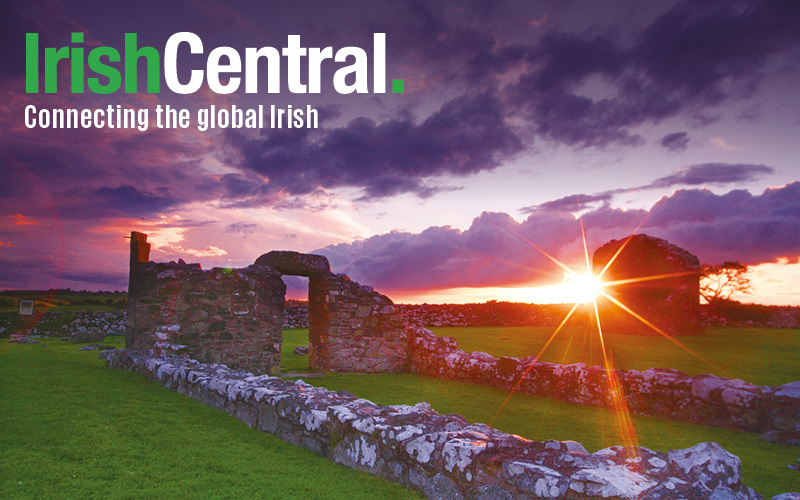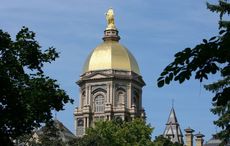Burke (or Bourke) is one of the most popular Irish names of Norman origin. The name was introduced to Ireland through the person (and presumably extended family) of William Fitzadelm de Burgo, who came to Ireland in 1169 with the Norman invasion forces. WIlliam was granted large estates of O'Connor land in Connaught but the family did not effectively gain possession of this until much later. When they did become established in Connacht, they very quickly adopted the Gaelic customs and are said to have become the most Gaelicized of all of the Norman families that settled in Ireland. The original De Burgo name form was still used, although not commonly, up to the Middle Ages, and exists in the form De Burgh, which has recently become prominent again through the international success of the Irish singer Chris de Burgh. Several septs and clans developed from the main Burke line in Galway and Mayo. The major ones are the McWilliams, the MacSeoinin (which became anglicized to Jennings) and McGibbon (which became Gibbons). The Burkes were among those who established Galway city as a major trading center during the 13th and 14th centuries. In later centuries, however, they were excluded from the city when an order preventing admittance to the city of "Burkes or McWilliams" was enacted. Like all the other Anglo-irish chiefs, the Burkes accepted British titles from the Crown in later centuries. The two major Burke lines became Earls of Clanricarde and Earls of Mayo. Although Burkes served on both sides in the various rebellions of Irish history, they mostly served the Irish cause. An Earl of Clanricarde, for instance, commanded one of King James II's infantry regiments during the Jacobite wars. Many Burkes have led colorful lives as soldiers and politicians. Among them are Edmund Burke (1729-1797), who is regarded as one of the great political philosophers of all time. Born and educated in Dublin, he became Private Secretary to Lord Buckingham, the English prime minister, and later a member of parliament. A brilliant speaker, he consistently spoke on behalf of the right of Irish Catholics and opposed England's war with American rebels. A statue of Burke today stands outside Trinity College Dublin. Another interesting Burke was Robert O'Hara Burke (1820-61). Born in Galway, he emigrated to Australia where, in 1860, he was put in command of the expedition which was the first to successfully cross the continent from South to North. Although succeeding in the crossing, Burke died of starvation attempting the return journey. Richard Southwell Bourke (1822-1872), born in Dublin and the sixth Earl of Mayo, rose to become a well-respected viceroy and Governor General of India. He was assassinated during a visit to a penal colony in India. A Burke with "Indian" connections of a different sort was John Gregory Bourke (1846-1896(. Born in Philadelphia, he ran away from home at 16 and joined the army, serving in the Civil War and later in various Midwestern postings. He developed a great interest in the Native American tribes and his notes and knowledge on their language and customs were often used by the army, which transferred him to Washington to write up his information. These writings and notes were published and form a significant source of information on Apache and other tribal customs. The most notorious of the Burkes was undoubtedly William Burke (1792-1829). Born in County Cork, he emigrated to Scotland where, with his landlord, Mr. Hare, he murdered some 15 people by luring them to a boarding house and suffocating them. They then sold their bodies for research. Many Burkes have achieved fame in the U.S., including John Daly Burke (1775-1808), the Boston dramatist; Stephenson Burke (1826-1904), the New York- born railway entrepreneur; Thomas Burke (1747-1783), governor of North Carolina in 1781; another Thomas Burke (1849-1925), the lawyer and politician who was intimately associated with the development of Seattle, Washington. These, and the 221 Burkes who were soldiers in the Revolutionary Army, are among many American Burkes of note. In Ireland, too, the Burkes remain prominent in politics. Raymond Burke is currently a member of the Irish cabinet and Richard Burke was a previous minister and also Ireland's commissioner in the Commission of the European Communities.




Comments